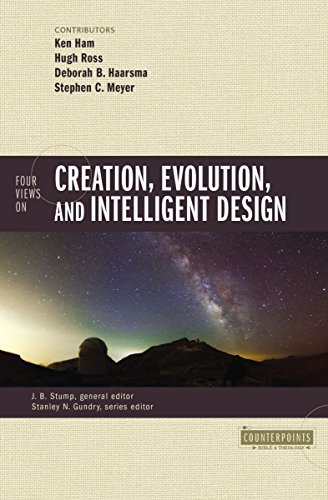What do you think?
Rate this book


Four Views on Creation, Evolution, and Intelligent Design presents the current "state of the conversation" about origins among evangelicals representing four key positions:
Young Earth Creationism - Ken Ham (Answers in Genesis) Old Earth (Progressive) Creationism - Hugh Ross (Reasons to Believe) Evolutionary Creation - Deborah B. Haarsma (BioLogos) Intelligent Design - Stephen C. Meyer (The Discovery Institute)The contributors offer their best defense of their position addressing questions such as: What is your position on origins - understood broadly to include the physical universe, life, and human beings in particular? What do you take to be the most persuasive arguments in defense of your position? How do you demarcate and correlate evidence about origins from current science and from divine revelation? What hinges on answering these questions correctly?
235 pages, Kindle Edition
Published November 21, 2017